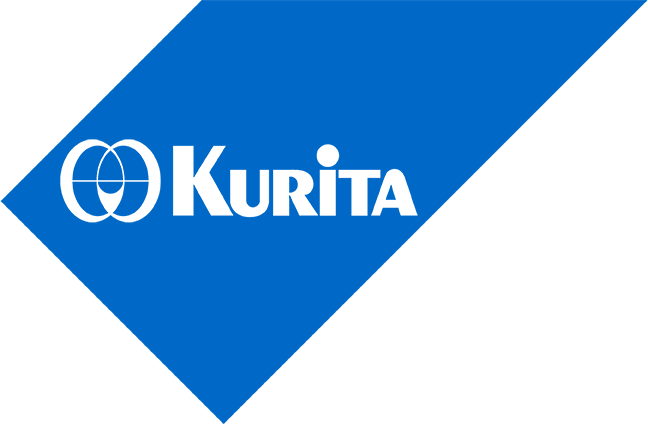Bridgeport, located in western Nebraska, had previously been able to pump water directly out of the ground and into the distribution system, without needing to treat the water. It was later discovered that the water contained elevated levels of uranium, requiring treatment. Uranium can be naturally found in groundwaters, slowly dissolved over time from soils and sedimentary rock. Uranium is also a by-product of fertilizer application, mining activity, and combustion. Classified as a human carcinogen known to cause kidney toxicity, contaminant levels are regulated by the Environmental Protection Agency (EPA), and accordingly, Bridgeport needed to take action.
To ensure ion exchange technology could effectively treat the city’s drinking water, a pilot study was conducted. Following the successful pilot study, the system design included Tonka Water, a U.S. Water Brand’s RidION™ system.
The treatment process begins as water flows through three, 8’ diameter, ion exchange vessels. During this process, uranium adheres to the anion exchange resin, removing it from the water. The resin is regenerated on a monthly basis with a diluted brine solution that includes softened water. This process forces uranium off the resin bed, with the byproduct sent to waste. Softened water is used in the brine solution during the regeneration process to prevent precipitation of calcium solids due to elevated levels of sulfate.
The Bridgeport plant has been meeting treatment goals since its commissioning in early 2010. Tonka Water, a U.S. Water Brand is proud to have assisted in providing the community with quality drinking water.
